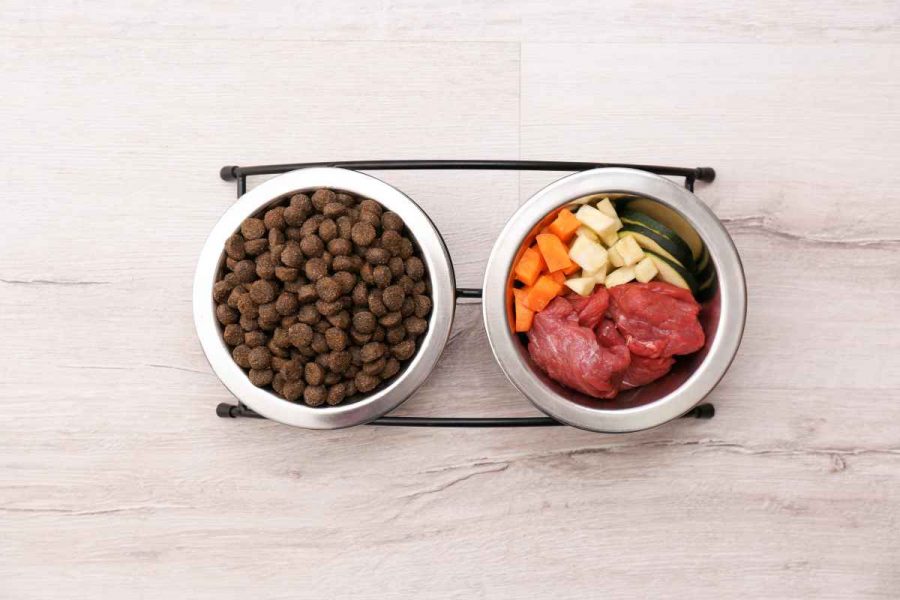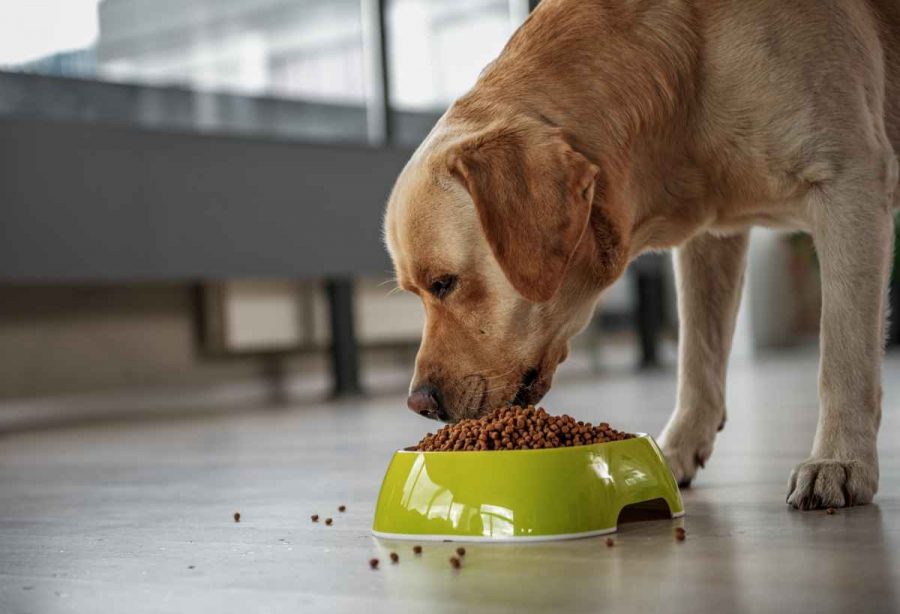If you decide to welcome a dog into your home, you will need to think not only about a range of accessories that are essential for your four-legged friend’s well-being, but also about choosing the best food for him. But which dog food to choose? It is not only a question of finding a food that our four-legged friend will like, but also and above all of finding the correct diet that respects their nature, their characteristics and their needs. Dogs are omnivores and need a varied diet, but it is also correct to identify the right type of food for our four-legged friend according to age, size, possible health problems and breed.
How to choose dog food
When choosing dog food, it is important to understand the type of food to be given as well as the frequency, type and quantity. A puppy should eat several times a day, but an adult dog should eat twice a day in order to aid digestion. Never feed your dog food intended for human consumption as their digestion is completely different than ours. But is it better to opt for dry food or wet food?

Dry food, the pros and cons
Very often, dog owners opt for a diet based on dry food and, in particular, kibble. This is a convenient and practical food, which is also easy to store over time. Dry food, i.e. kibble, has all the nutrients your dog needs and does not need to be supplemented with other foods. However, it is necessary to buy dry food that takes into account the specific characteristics of the dog, its age (depending on whether it is a puppy, adult or senior), but also its weight (normal weight, overweight or underweight) and of course the type of physical activity, but also any allergies or health problems.
A dog’s diet needs fats to support energy reserves, fibre to aid digestion, a mix of Omega 3, minerals, vitamins and antioxidant elements. However, there are also cons to dry food, which can cause possible kidney problems, the presence of additives and colourings, and also a lack of water.

Wet food, pros and cons
Wet food gratifies the dog’s sense of smell and taste, but at the same time lacks a number of substances with nutritional benefits such as vitamins and minerals. Wet foods are palatable, have a high satiating power and are suitable for dogs with dental problems, but they are also easily perishable and do not constitute the maintenance of healthy teeth for your four-legged friend.
